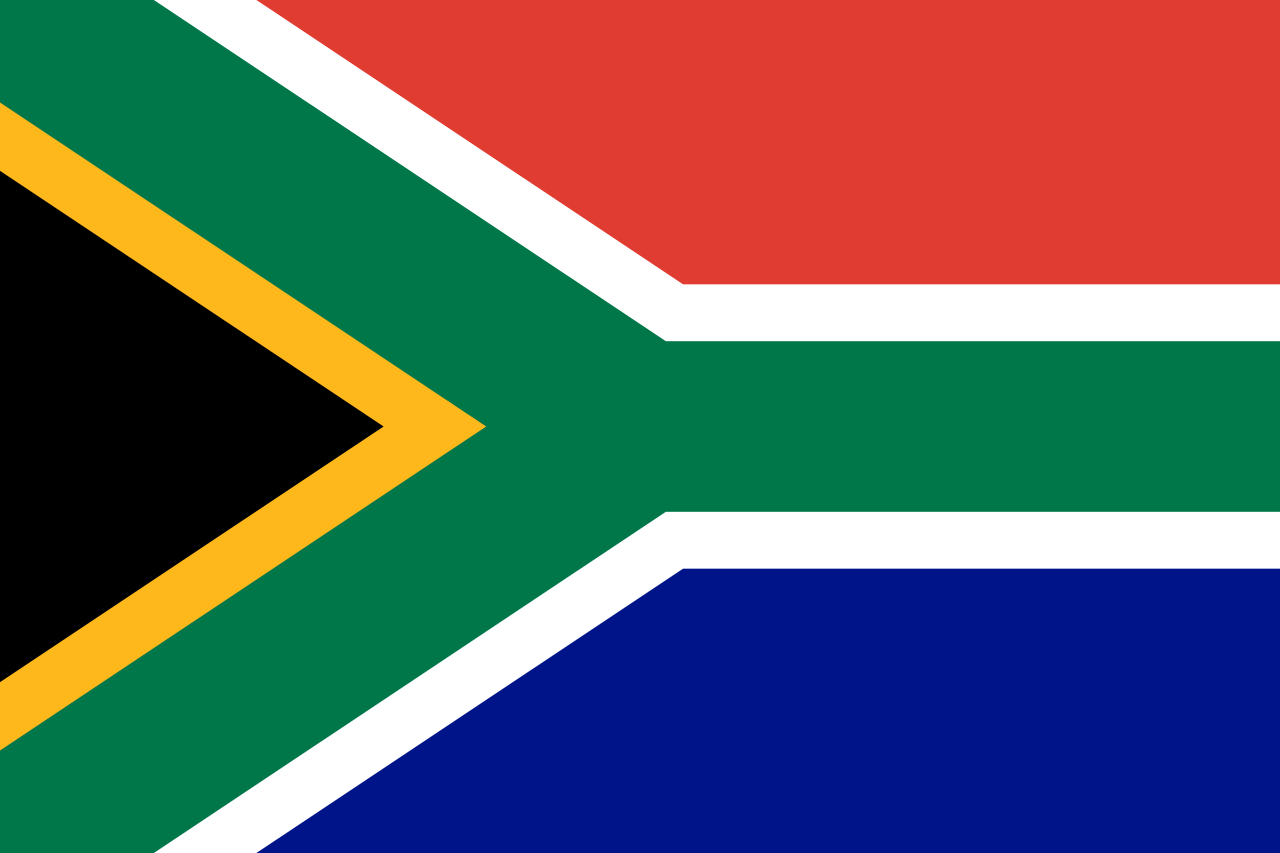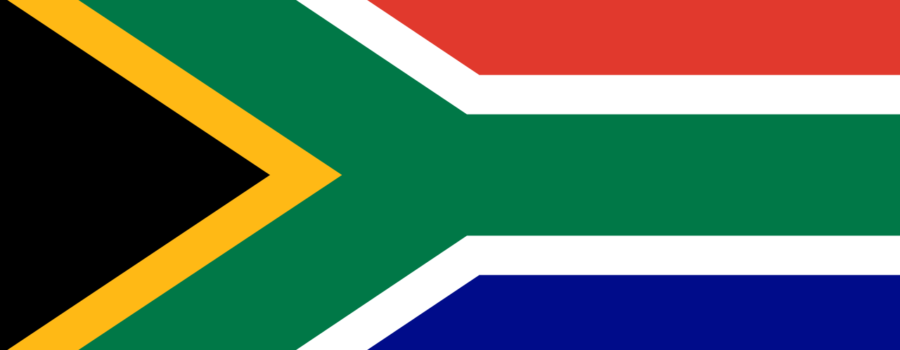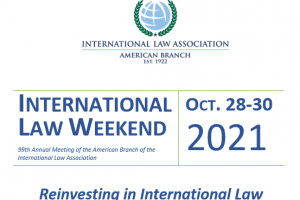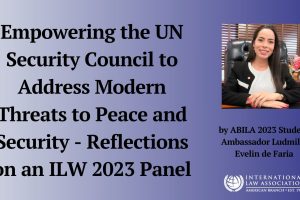SABILA at ILW: A Perspective from South Africa
By: Martha M Bradley, Jaymion Hendricks, and Clea Strydom
We were able to attend ILW 2021 as part of a new collaboration between the South African Branch of the ILA (SABILA) and the American Branch.
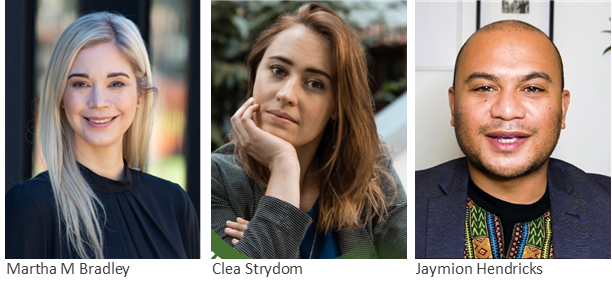
COVID-19 has upset the apple cart in terms of conferences and travel, and while many would prefer in-person conferences, virtual conferences have enabled a larger and more diverse audience. Being so far away and with limited funds, it is not always easy for South Africans, and people from the Global South in general, to attend prestigious conferences in North America and Europe. The (forced) movement to virtual conferences has overcome this barrier. This year, ILW was attended by people from over 80 countries, which not only was beneficial for those that could not otherwise attend but also added a range of diverse voices to the discussions and panels.
The ILW Opening Plenary was impressive and inspiring, presenting a balanced gender representation and diverse voices from different regions. The speakers and discussion that ensued did not shy away from issues often critiqued by scholars from the Global South, such as the composition of the UN Security Council, the nationality of the legal advisors to the Secretary General, and the lack of gender representation on the International Court of Justice. The inclusivity that ILW as a whole represented made us, as members of a non-American ILA branch, feel very welcome.
The idea of a diversity of views was echoed throughout this year’s panels. It was often noted that the voices of smaller countries, LDC’s, and developing countries are often missing in the interpretation, application, enforcement, and development of International Law. The sentiment often expressed was that when “reinvesting in International Law” (the conference’s theme), there must be greater representation from the Global South. International Law is not as well represented on and by the African continent as it is in many European and North American countries, partly because we do not always have a seat at the table where it matters and resources are not always shared equally. But as Professor Leila Sadat noted in the Opening Plenary, when there isn’t a seat at the table then you might just have to bring your own chair.
We are very grateful for the opportunity to attend the ILW this year as SABILA members. It was indeed a unique opportunity which would not have been possible without the support of ABILA. Many of our colleagues from the Global South and our continent were unaware of the conference or unable to attend, and therefore we do not take this opportunity for granted and commit to reinvesting the knowledge gained from attending the ILW this year in our own region and to inspire our colleagues and students to reinvest and reimagine international law.
We are confident that attending the conference not only benefitted our general formation as international lawyers and future international lawyers but that it also informed our expertise as an academic, a practitioner, and a researcher. We hope this is but the start of a long and fruitful collaboration between ABILA and SABILA.
